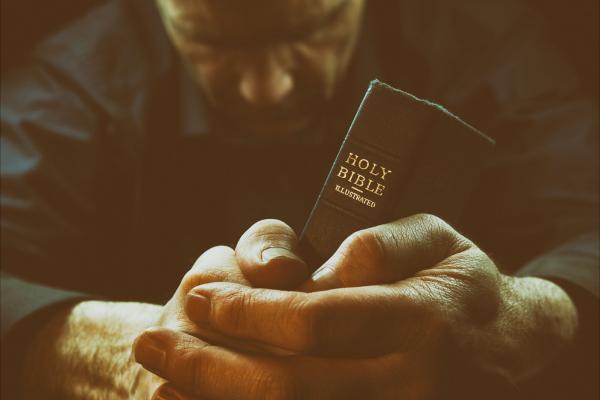American evangelicals hold their theological and social views with deep conviction. We tend to add a layer of moral certitude to our positions. This can sometimes be helpful in the struggle for justice. But if every issue becomes the social or theological hill we choose to die on (or to kill on), then there are too many of us killing or dying on too many hills.
In part, this dogmatic tendency stems from the evangelical belief in absolute truth. In a world gone radically relativistic, this belief is a good thing. But when these convictions are challenged, it can feel like an assault against universal truth itself. We may fear that if one of our beliefs needs correction, then our presupposition about any truths that transcend time and culture are at risk.
Read the Full Article

